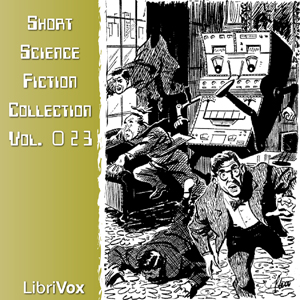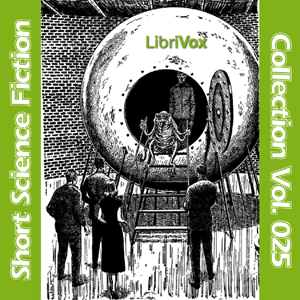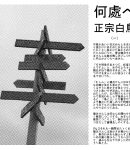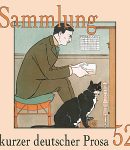This is a story of the effect of industrialization on a small town and its people, around the beginning of the 20th Century. The lead character is Hugh McVey—a shy, lazy, fairly ignorant, dreamy young man. Most of the story takes place in the little town of Bidwell, Ohio, where Hugh gets a job as a telegraph operator. He does discover he has a talent with calculations and drawings that enable him to become an inventor. In time he will become a millionaire. The story has many characters, and shows the negative effects on each of them, as the factories come to their town. The pioneering, agrarian spirit of each is slowly transformed; greed is the primary driver. Hugh sees this transformation but does not understand it. Several of the townspeople take advantage of him; his inventions of farm machinery are stolen. Only Clara Butterworth seems to bring some sanity; she marries Hugh, and they are happy for a time. As the novel approaches an end, however, there seem to be no bright spots. Labor fights, terrible graft, terrible crime, even murder come to Bidwell. The author paints a negative picture of a loss of innocence, as the nation becomes industrialized. Written in 1920, Sherwood Anderson could have seen only a small fraction of the changes to come. The magnitude, good and bad, would no doubt astound him. (Note: The novel is divided into “books”; however, there is no Book 5 between Book 4 and 6; hence I have so […]







































